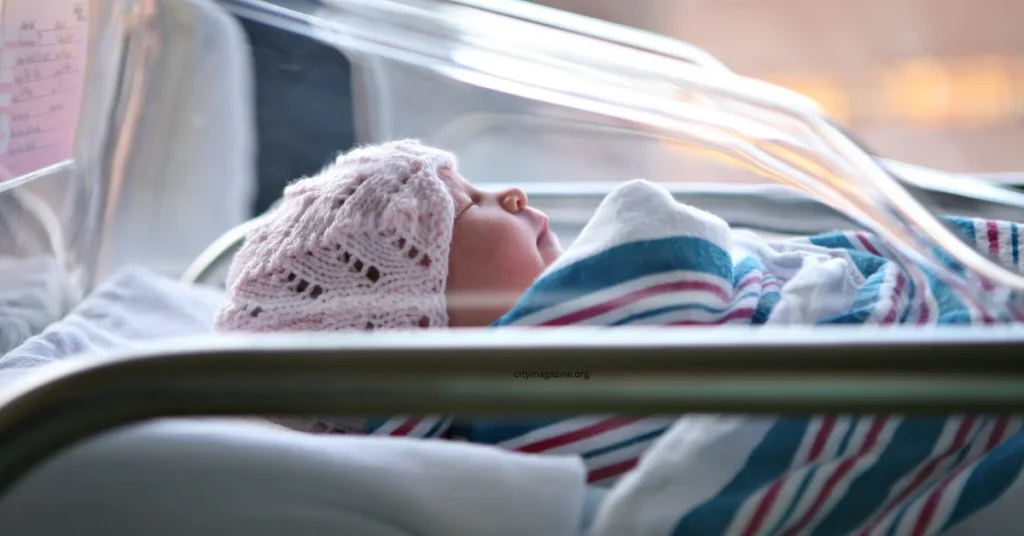Spotting an Immediate Medical emergency in an infant can be confusing, especially when the signs are vague. Infants are so small and fragile that it’s hard to tell what is wrong with them. Infants are susceptible to illness and can get sick much easier than adults because of their immature immune systems. That’s why parents need to be extra vigilant around them. They’re more likely to get sick from viruses, bacteria, parasites, food poisoning, or multiple complications like lacerations. If your baby is going through any of the following conditions, seek professional assistance at once:
Floppy appearance
Is your newborn exhibiting a floppy appearance? If so, this could signal a birth injury since a floppy appearance occurs due to a lack of muscle tone. Birth injuries can range from simple bruising to complex injuries that require hospitalization and rehabilitation. Some birth injuries have long-term consequences, such as brain injury or paralysis.
Birth injuries are a common occurrence in the United States. According to the CDC, out of the 2-3 million births each year, 10-15% of children suffer from an injury. These injuries include intracranial pressure, fractures, sprains, and burns.
If you or your baby have been injured during delivery, you may be entitled to compensation for medical expenses, pain, and suffering. But it’s crucial to approach birth injury lawyers since they know how to sort such complex matters. They’ll also assist you in gaining financial compensation for your losses.
Difficulty Breathing
If your infant is having difficulty breathing, it can be life-threatening. Difficulty breathing is a common symptom of an infant’s lungs not being fully developed, or other health problems cause significant stress on their respiratory system. These symptoms include:
- Shortness of breath (dyspnea)
- Tachypnea (increased heart rate): It shows that the heart has been working harder than normal
- Tachycardia (rapid heartbeat): It means the blood flow through the body is faster than normal
Fever
Fever is a common sign of illness in infants. A fever is the body’s way of tackling a virus or bacteria. It can be caused by a cold, but it is also common in children with underlying health issues such as asthma, diabetes, and lung disease.
While some fevers are nothing to worry about, others can signal serious underlying conditions. Common causes include:
- Viral infections like measles, mumps, and chicken pox
- Bacterial infection (such as pneumonia)
- Blood poisoning due to bacteria entering through an open wound or a weak immune system
- Infection with the parasite Cryptococcus neoformans (cryptosporidiosis)
Unconsciousness
Unconsciousness is a state in which a person cannot be aware of their surroundings. While several things can cause unconsciousness, it is usually due to acute injury or illness.
When should you seek help for an unconscious infant? If your baby stops breathing and has no pulse.
Medical history includes any symptoms of choking on food, vomiting, convulsions, high fever, diarrhea, or dehydration brought on by illness or surgery. The child becomes limp, floppy, and unresponsive with no reaction at all after being touched gently on either side of the head.
Persistent Crying and Irritability
As your infant grows older and becomes more aware of their surroundings, they will develop their sense of self. One way that infants show this is through crying. A baby’s cries may be caused by pain or hunger, but they could also mean something else entirely.
Crying can be a way for the baby to communicate with you about what is happening inside their body. It can help you figure out if any problems need addressing right away.
If your child has been crying for an extended period without stopping—more than five minutes at first, then 10 minutes, then 20 minutes—it could mean something serious has happened, like an illness or injury.
Diarrhea and Vomiting
Diarrhea, or the passage of loose or watery stools more than three times a day, is the most common childhood illness. Vomiting is throwing up food and liquids.
Diarrhea and vomiting can occur with any infection. Viruses, bacteria, parasites, and even food poisoning are all potential causes of diarrhea or vomiting in infants under 1-year-old.
Diarrhea and vomiting can be signs of dehydration. If your infant has severe diarrhea and/or vomiting that lasts more than 24 hours, call your doctor at once.
Changes in Appetite
If your infant is not drinking or eating, it is time to visit the doctor. your infant is not eating or is eating less than usual, your baby may be sick and have an upset stomach.
Dehydration is a severe condition that can lead to brain damage if left untreated. It is important to treat dehydration as soon as possible since your baby’s body is not fully developed, and they can lose up to 10% of their body weight without being aware of it. The symptoms of dehydration include:
- Lethargy (sluggishness)
- Fever/chills
- Decreased urine output
Umbilical Cord Infection
Umbilical cord infection is the most common infection in newborns. The signs of umbilical cord infection include:
- Redness or swelling around the area of the umbilical cord
- A fever above one hundred degrees Fahrenheit (37°C) that lasts more than two days
Treatments for umbilical cord infections include antibiotics and keeping your baby clean with warm water or a warm bath every few hours until they are discharged.
Skin Rashes
Suppose the infant has hives, severe eczema, or other skin rashes that aren’t subsiding despite treatment with over-the-counter creams. Hives are raised, with red bumps on the skin; they may itch and feel tender to the touch.
Eczema is a dry rash that can be itchy or painful due to inflammation of the outer layers of your child’s skin (epidermis). If you notice an allergy, such as hives on your baby—or if you have an unexplained rash on your body—it is important to see a doctor at once for diagnosis and treatment.
Conclusion
It’s imperative to keep an eye on your baby’s health since they’re highly vulnerable to the surroundings. If you suspect any of these signs and symptoms, it may be wise to take them to the doctor immediately. Try not to panic when caring for your infant or when you spot an issue with them. But quickly call your doctor or take them to the clinic to be examined.




